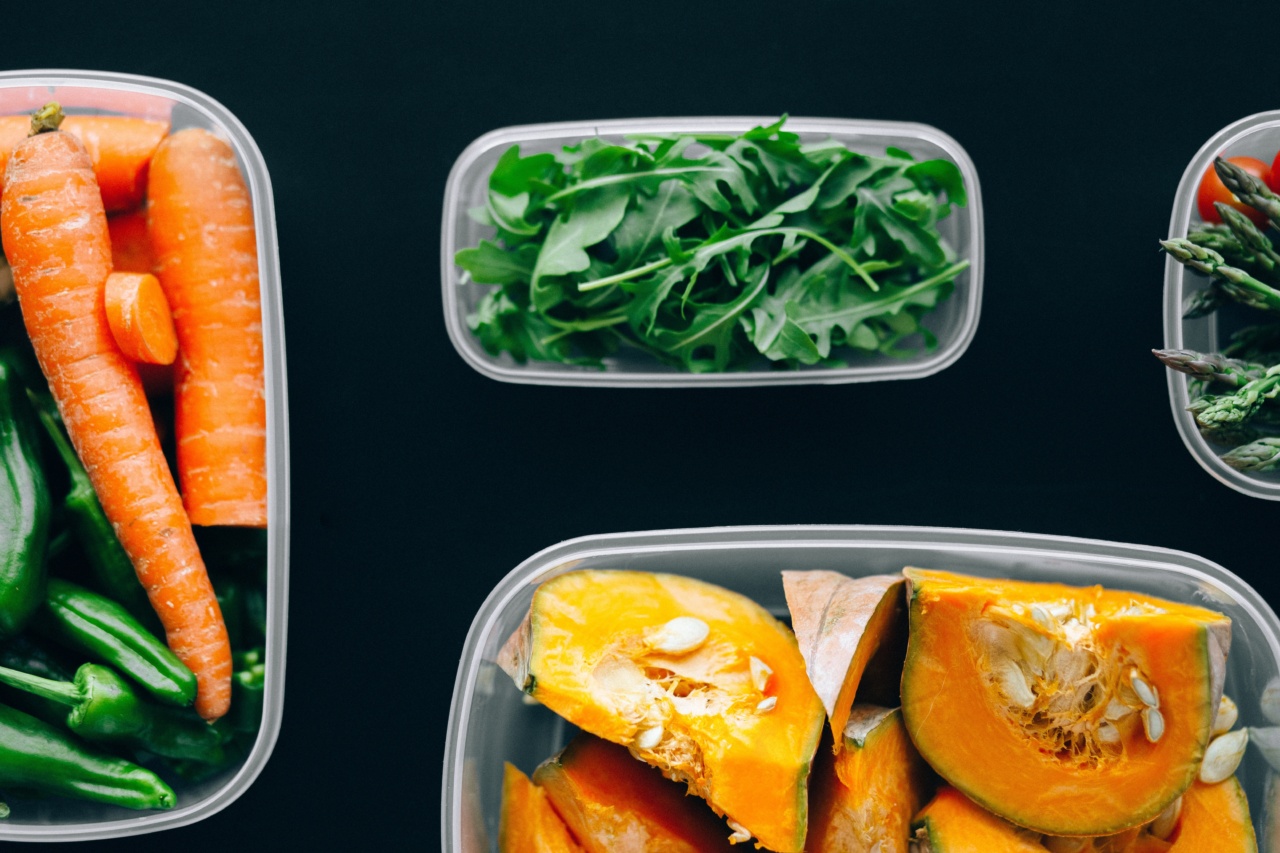Glaucoma is a condition that damages the optic nerve, resulting in vision loss. It is caused by high pressure in the eye, which can damage the optic nerve over time.
Although glaucoma cannot be cured, it can be prevented and the progression can be slowed down with a healthy diet. There are certain foods that can help reduce the risk of developing glaucoma and protect your eyesight. Below are some of the best nutritious foods that can help prevent glaucoma.
1. Green Leafy Vegetables
Green leafy vegetables like spinach, kale and collard greens are rich in antioxidants, vitamins and minerals that are essential for eye health.
They contain high levels of lutein and zeaxanthin, which are carotenoids that help protect the eyes from harmful blue light and reduce the risk of age-related macular degeneration and glaucoma.
2. Carrots
Carrots are rich in beta-carotene, a type of vitamin A that helps protect the eyes from damage caused by free radicals. Beta-carotene is also essential for maintaining healthy vision and reducing the risk of developing glaucoma.
Carrots can be eaten raw or cooked and make a great addition to any salad or stir-fry.
3. Fish
Fish like salmon, tuna and sardines are rich sources of omega-3 fatty acids, which are important for eye health. Omega-3 fatty acids help reduce inflammation in the body and protect the eyes from damage caused by free radicals.
Regular consumption of fish can help reduce the risk of developing glaucoma and other eye diseases.
4. Nuts and Seeds
Nuts and seeds like almonds, walnuts, flaxseeds and chia seeds are rich in healthy fats, vitamins and minerals that help protect the eyes from damage.
They also contain high levels of antioxidants that help reduce inflammation in the eyes and prevent the development of glaucoma.
5. Citrus Fruits
Citrus fruits like oranges, lemons, and grapefruits are rich in vitamin C, an antioxidant that helps protect the eyes from damage and reduce the risk of developing glaucoma.
Vitamin C also helps maintain healthy blood vessels in the eyes and promotes good circulation, which is essential for eye health.
6. Whole Grains
Whole grains like brown rice, quinoa, and whole wheat are rich in fiber, vitamins, and minerals that help protect the eyes from damage.
They also contain high levels of antioxidants that help reduce inflammation in the eyes and prevent the development of glaucoma. Consuming whole grains can help reduce the risk of developing glaucoma and other eye diseases.
7. Berries
Berries like blueberries, raspberries, and strawberries are rich in antioxidants that help protect the eyes from damage caused by free radicals. They also contain high levels of vitamins and minerals that are essential for eye health.
Regular consumption of berries can help reduce the risk of developing glaucoma and other eye diseases.
8. Bell Peppers
Bell peppers are rich in vitamin C and antioxidants that help protect the eyes from damage and reduce the risk of developing glaucoma.
They also contain high levels of carotenoids that help reduce the risk of age-related macular degeneration and other eye diseases. Bell peppers can be eaten raw or cooked and make a great addition to any meal.
9. Eggs
Eggs are rich in lutein and zeaxanthin, two important carotenoids that help protect the eyes from damage and reduce the risk of developing glaucoma.
They also contain high levels of protein and other essential nutrients that are important for overall health. Regular consumption of eggs can help reduce the risk of developing glaucoma and other eye diseases.
10. Turmeric
Turmeric is a spice that is rich in curcumin, a powerful antioxidant that helps reduce inflammation in the body and protect the eyes from damage. It has been shown to be effective in preventing the development of glaucoma and other eye diseases.
Turmeric can be added to dishes like curries, soups, and stews and is also available in supplement form.
By incorporating these nutritious foods into your diet, you can help reduce the risk of developing glaucoma and protecting your eyesight.
It is also important to maintain a healthy diet overall, exercise regularly, and get regular eye exams to ensure the health of your eyes.



























